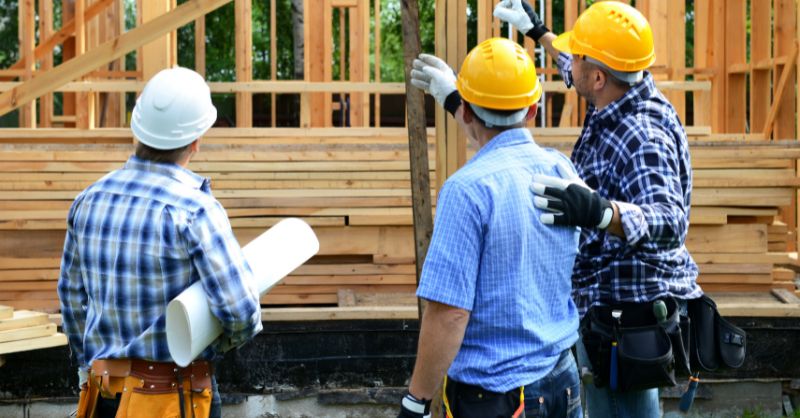Construction Hardware: A Crucial Component of the Building Industry
09 July, 2023

Construction hardware plays a pivotal role in the building industry, facilitating the construction process and ensuring the durability and stability of structures. From construction tools and equipment to supplies and building materials, the availability of high-quality construction hardware is crucial for the successful completion of any project. In this article, we will delve into the significance of construction hardware, explore various types of tools and equipment, discuss essential supplies, and highlight the importance of selecting reliable building materials.
Construction tools are fundamental to any construction project. These tools enable workers to perform a wide range of tasks efficiently and safely. Common construction tools include hammers, screwdrivers, wrenches, tape measures, levels, and power tools like drills and saws. These tools are essential for tasks such as measuring, cutting, drilling, fastening, and shaping materials. By using reliable and well-maintained tools, construction workers can enhance their productivity and ensure the accuracy of their work.
In addition to tools, construction equipment plays a crucial role in large-scale construction projects. Equipment such as excavators, cranes, bulldozers, and loaders are employed for tasks that require heavy lifting, earthmoving, and material handling. The use of modern and well-maintained construction equipment not only improves efficiency but also enhances worker safety by reducing physical exertion and minimizing the risk of accidents.
Supplies such as nails, screws, adhesives, and sealants are vital components in construction projects. Nails and screws provide essential fastening capabilities, securing materials together to create a structurally sound framework. Adhesives and sealants, on the other hand, offer bonding and sealing properties, ensuring the integrity and longevity of various construction elements. Choosing high-quality supplies is paramount to the overall quality and longevity of the finished structure.
Moreover, the selection of suitable building materials is crucial for constructing durable and sustainable structures. From traditional materials like wood and concrete to modern alternatives such as steel and composite materials, the choice of building materials depends on factors such as the intended purpose, budget, environmental impact, and local regulations. Builders and architects must consider factors like strength, durability, thermal insulation, fire resistance, and eco-friendliness when selecting building materials to ensure optimal performance and compliance with industry standards.
The construction hardware industry is constantly evolving to meet the changing needs and demands of the building industry. Advancements in technology have led to the development of innovative tools and equipment that improve efficiency and safety on construction sites. For instance, cordless power tools offer increased mobility and convenience, allowing workers to perform tasks in areas where electrical outlets may not be readily available. Similarly, the integration of digital technology and automation in construction equipment has streamlined operations and enhanced precision.
In recent years, there has been a growing emphasis on sustainable construction practices. As a result, the construction hardware industry has witnessed a surge in the production of eco-friendly materials and energy-efficient equipment. Building materials such as recycled steel, reclaimed wood, and sustainable concrete alternatives are gaining popularity due to their reduced environmental impact. Energy-efficient equipment, such as solar-powered lighting systems and electric construction vehicles, are also being widely adopted to minimize carbon emissions and reduce energy consumption.
Construction hardware, encompassing tools, equipment, supplies, and building materials, is an integral part of the building industry. It enables construction professionals to carry out their tasks efficiently, ensure structural integrity, and create sustainable and durable structures. By embracing technological advancements and incorporating sustainable practices, the construction hardware industry continues to evolve and meet the ever-growing demands of the construction sector. Construction professionals must remain updated on the latest trends and developments in construction hardware to optimize their project outcomes and contribute to a thriving and sustainable built environment.
TAG(s):
